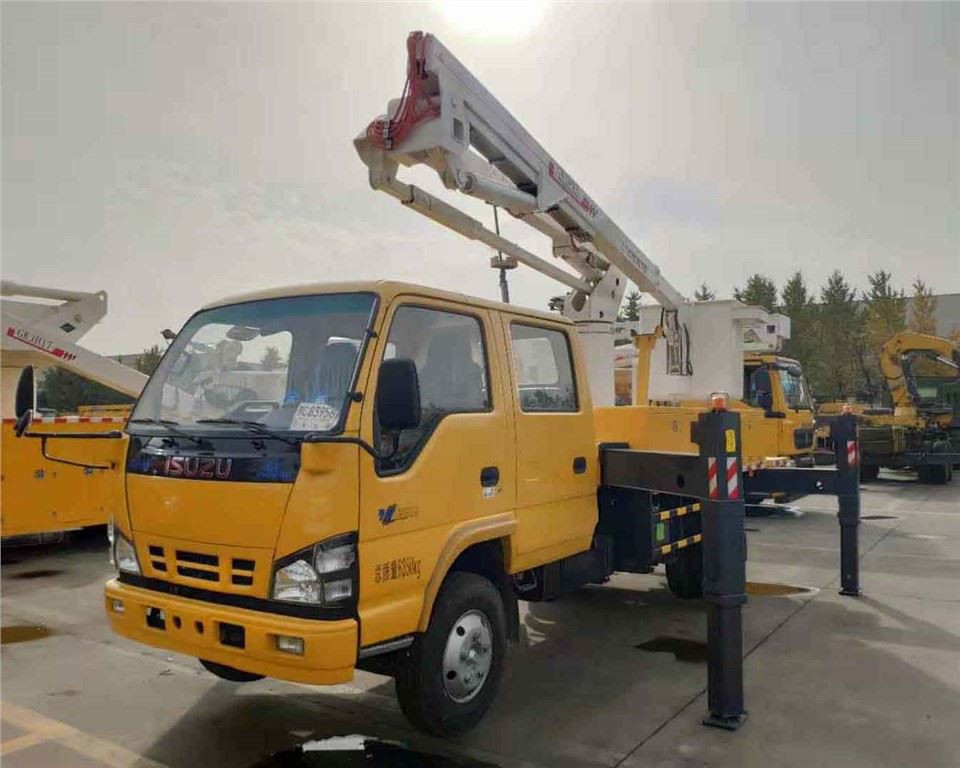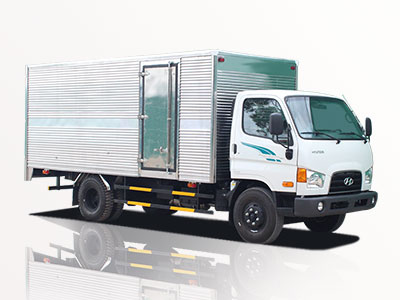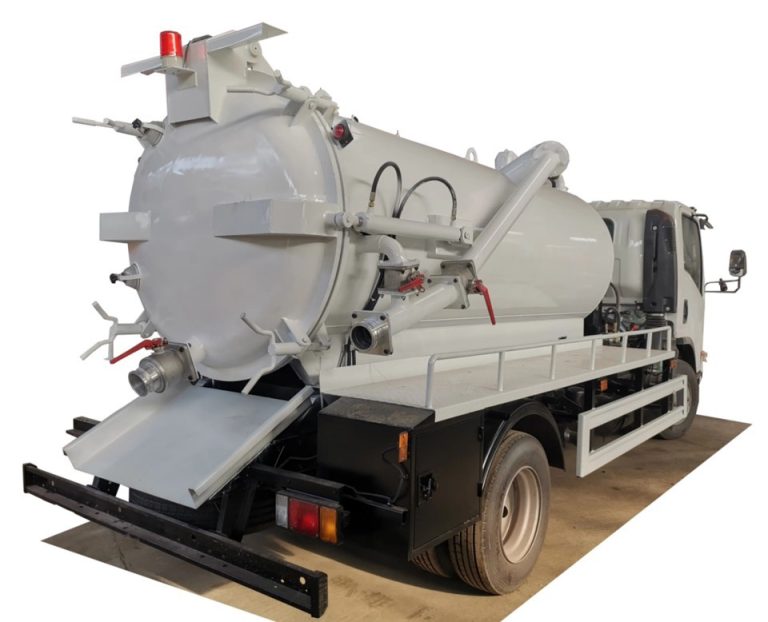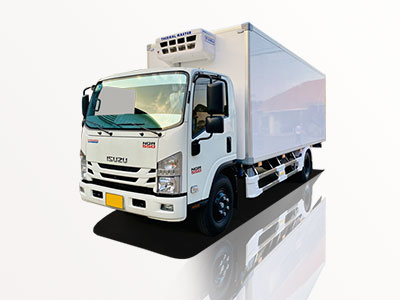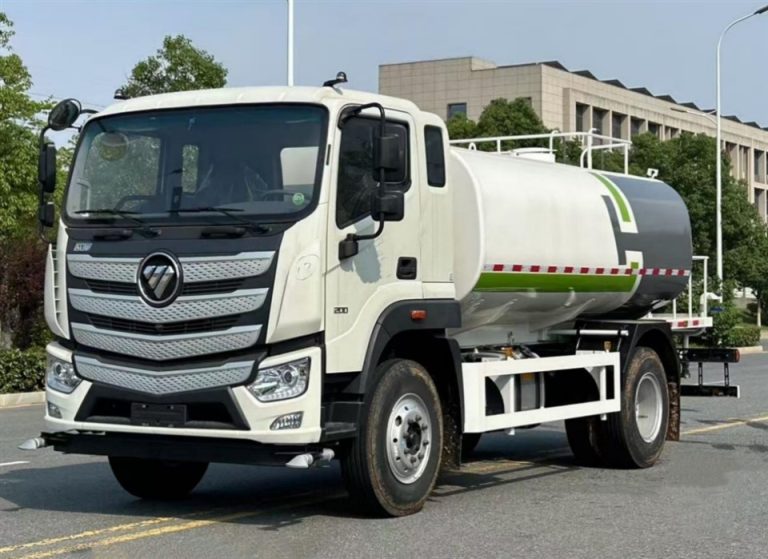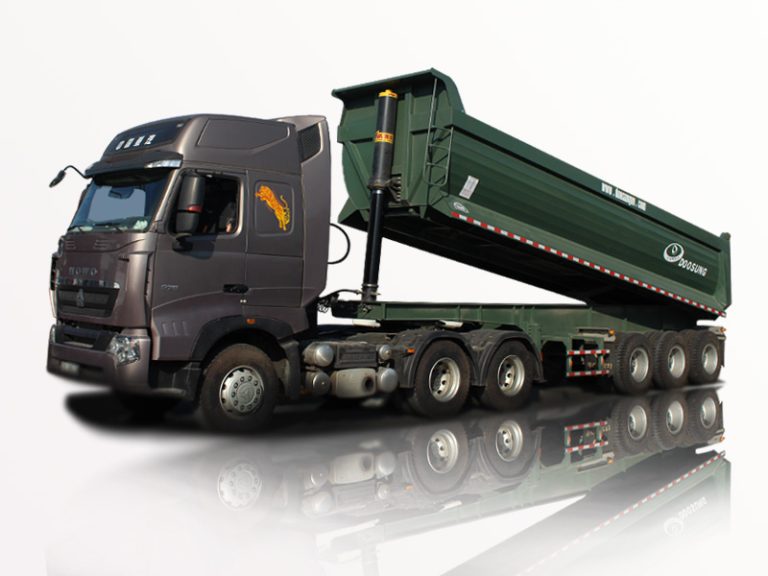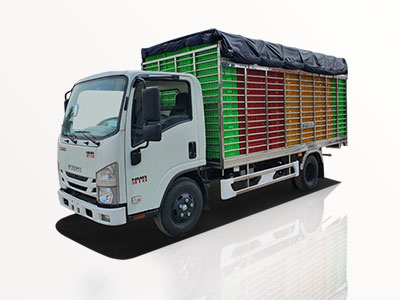Trucks with cranes have become an essential part of various industries, from construction to logistics. These versatile vehicles combine the mobility of a truck with the lifting capabilities of a crane, allowing for greater efficiency and flexibility on job sites. In this article, we will explore the different types of trucks with cranes, their applications, advantages, maintenance tips, and more.
Understanding Trucks with Cranes
What is a Truck with a Crane?
A truck with a crane is a specialized vehicle designed to lift and transport heavy loads. It typically consists of a standard truck chassis integrated with a hydraulic crane mounted on the back. This configuration enables the truck to traverse various terrains while providing powerful lifting capabilities.
Types of Trucks with Cranes
There are several types of trucks with cranes, each designed for specific applications:
- Flatbed Trucks with Cranes: Ideal for carrying large loads.
- Service Trucks with Cranes: Designed for field service operations.
- Bucket Trucks with Cranes: Equipped with a platform for aerial work.
- Pick and Carry Cranes: Compact and mobile for various lifting tasks.
Applications of Trucks with Cranes
Construction
In the construction industry, trucks with cranes are used to lift materials such as steel beams, concrete blocks, and other heavy equipment. They play a crucial role in facilitating site preparation, structure assembly, and material delivery.
Landscaping
Landscaping companies utilize trucks with cranes to transport and place large trees, heavy rocks, and other landscape features, providing a practical solution for elevating and positioning loads in hard-to-reach areas.
Logistics and Transportation
Trucks with cranes are often employed in logistics to load and unload goods at warehouses or distribution centers. They allow for quick and efficient handling of loads without needing additional equipment.
Utility Services
Utility companies use these trucks to maintain power lines and perform other services. The crane feature enables workers to elevate themselves safely and efficiently to reach power poles and other elevated structures.
Advantages of Using Trucks with Cranes
Versatility
One of the primary advantages of trucks with cranes is their versatility. They can be used for multiple purposes across various industries, reducing the need for specialized equipment.
Cost-Effectiveness
By combining the functions of a truck and a crane, these vehicles can lower overall transportation and material handling costs by eliminating the need for additional vehicles.
Mobility
Trucks with cranes offer significant mobility, allowing operators to access remote job sites or navigate through tight spaces with relative ease. This feature is especially beneficial in urban areas where space is limited.
How to Choose the Right Truck with a Crane
Assess Your Needs
Before purchasing or renting a truck with a crane, assess your specific requirements. Consider the following factors:
- Load Capacity: Ensure the crane can handle the weight of the loads you typically work with.
- Reach: Determine how far the crane needs to extend to effectively reach your job site.
- Vehicle Size: Take into account space limitations for parking and maneuverability.
Evaluate Crane Specifications
Look at the specifications of the crane itself, including:
- Maximum lifting height
- Operating radius
- Stability ratings
Consider Safety Features
Safety should always be a priority. Check for features such as:
- Overload protection
- Emergency shutoff
- Safety interlocks
Warranty and Support
Review the warranty details and after-sales support provided by the manufacturer or dealer. A reliable warranty can save you from unexpected repair costs.
Maintenance Tips for Trucks with Cranes
Regular Inspections
Perform regular inspections of both the truck and crane components to identify potential issues early. This includes checking fluid levels, electrical components, and mechanical parts.
Lubrication
Ensure all moving parts are properly lubricated to reduce friction and wear. Follow the manufacturer’s recommendations for lubrication intervals and types of oil.
Hydraulic System Maintenance
Check the hydraulic system for leaks, cracks, or other signs of wear. Regularly replace hydraulic fluids to maintain proper function and extend the life of the crane.
Operator Training
Invest in proper training for operators. A skilled operator is less likely to misuse the equipment, which can prevent accidents and prolong the vehicle’s life.
Practical Examples of Trucks with Cranes
Case Study: Construction Site Solution
At a high-rise construction site, a flatbed truck with a crane was used to lift steel beams directly from the street to the upper floors. This eliminated the need for scaffolding and enabled faster installation, reducing overall project time.
Case Study: Tree Installation
A landscaping company utilized a service truck with a crane for planting large trees in residential yards. The crane enabled precise placement without disturbing existing landscaping, leading to satisfied customers and repeat business.
Frequently Asked Questions (FAQs)
1. What is the average cost of a truck with a crane?
The cost can vary significantly based on the type, brand, and specifications. On average, prices can range from $50,000 to $150,000 for a new truck with a crane.
2. How often should I service my truck with a crane?
It is recommended to perform maintenance checks every three months, but this can vary based on usage. Always refer to the manufacturer’s guidelines.
3. Can I use a truck with a crane in aerial work?
Yes, provided the crane has the necessary reach and safety features. Bucket trucks with cranes are specifically designed for this purpose.
4. What weight loads can trucks with cranes typically lift?
Load capacities can range from 2 tons to over 20 tons, depending on the crane’s specifications. Always adhere to the manufacturer’s load recommendations.
5. Are there restrictions on where I can operate a truck with a crane?
Yes, operating a truck with a crane may be subject to local regulations, job site restrictions, and safety standards. Always check local laws before operation.
6. Is training required to operate a truck with a crane?
Yes, operators should complete training and certification to ensure safe and effective operation. This reduces the risk of accidents and increases job site safety.
